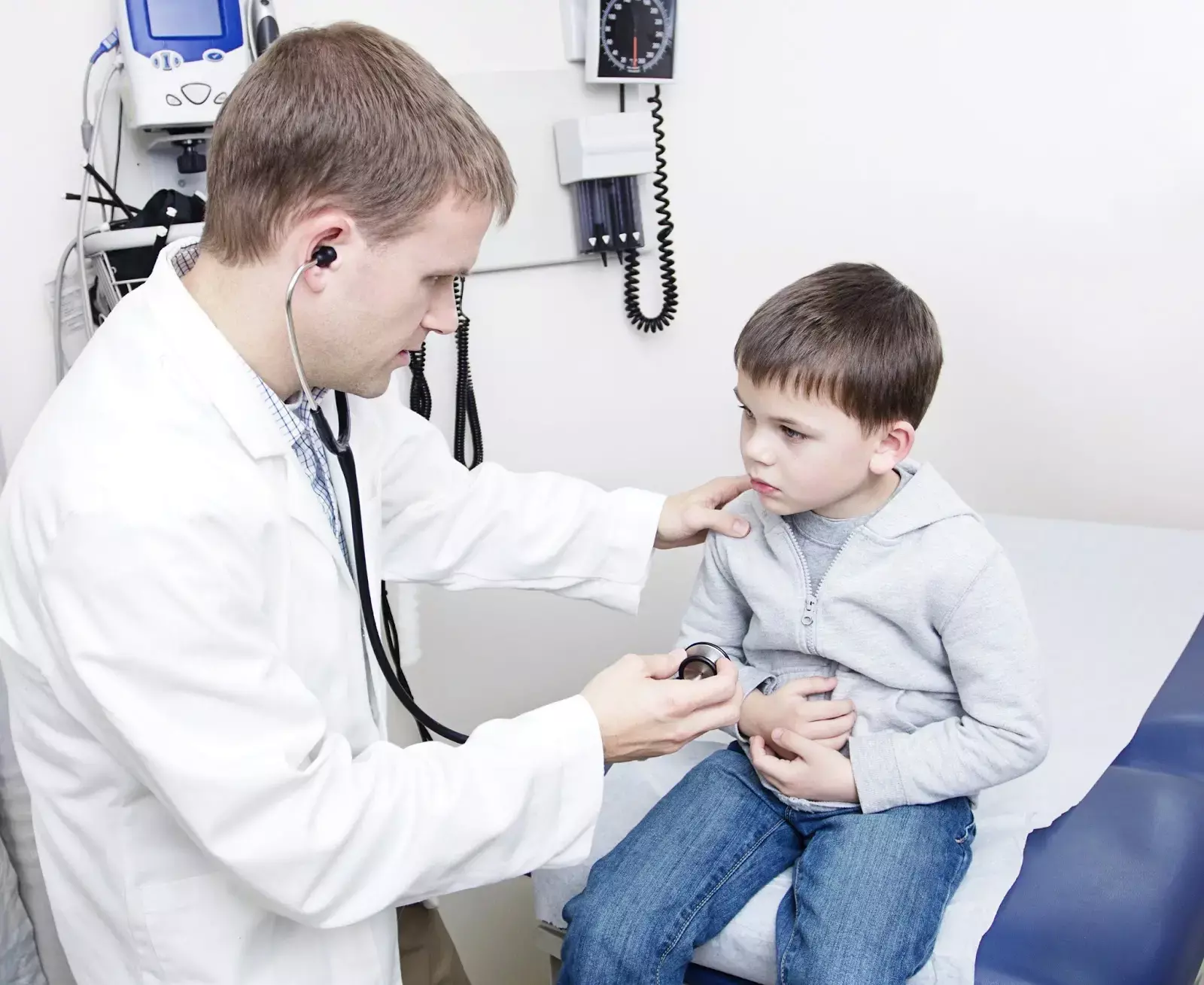- Home
- Medical news & Guidelines
- Anesthesiology
- Cardiology and CTVS
- Critical Care
- Dentistry
- Dermatology
- Diabetes and Endocrinology
- ENT
- Gastroenterology
- Medicine
- Nephrology
- Neurology
- Obstretics-Gynaecology
- Oncology
- Ophthalmology
- Orthopaedics
- Pediatrics-Neonatology
- Psychiatry
- Pulmonology
- Radiology
- Surgery
- Urology
- Laboratory Medicine
- Diet
- Nursing
- Paramedical
- Physiotherapy
- Health news
- Fact Check
- Bone Health Fact Check
- Brain Health Fact Check
- Cancer Related Fact Check
- Child Care Fact Check
- Dental and oral health fact check
- Diabetes and metabolic health fact check
- Diet and Nutrition Fact Check
- Eye and ENT Care Fact Check
- Fitness fact check
- Gut health fact check
- Heart health fact check
- Kidney health fact check
- Medical education fact check
- Men's health fact check
- Respiratory fact check
- Skin and hair care fact check
- Vaccine and Immunization fact check
- Women's health fact check
- AYUSH
- State News
- Andaman and Nicobar Islands
- Andhra Pradesh
- Arunachal Pradesh
- Assam
- Bihar
- Chandigarh
- Chattisgarh
- Dadra and Nagar Haveli
- Daman and Diu
- Delhi
- Goa
- Gujarat
- Haryana
- Himachal Pradesh
- Jammu & Kashmir
- Jharkhand
- Karnataka
- Kerala
- Ladakh
- Lakshadweep
- Madhya Pradesh
- Maharashtra
- Manipur
- Meghalaya
- Mizoram
- Nagaland
- Odisha
- Puducherry
- Punjab
- Rajasthan
- Sikkim
- Tamil Nadu
- Telangana
- Tripura
- Uttar Pradesh
- Uttrakhand
- West Bengal
- Medical Education
- Industry
Open-Label Placebo Offers Effective Pain Relief In Kids with IBS: JAMA

Children with pain-predominant disorders of gut-brain interaction (DGBI) can have severely disabling symptoms, resulting in poor quality of life, high use of health care resources, and social isolation. A recent study suggests that an open-label placebo may be used to reduce pain and decrease the use of rescue medications for children and adolescents with functional abdominal pain or irritable bowel syndrome (IBS). The study findings were published in the JAMA Pediatrics on January 31, 2022.
Until recently, it has been widely believed that patient blinding (via deception or concealment) is required to elicit placebo effects, but recent studies with adults suggest that the open-label placebo (OLP) honestly prescribed treatment can yield positive effects, including in patients with DGBI. However, no studies of OLP have been performed with children. Therefore, Dr Samuel Nurko and his team conducted a study to evaluate the efficacy of OLP for the treatment of children and adolescents with functional abdominal pain or irritable bowel syndrome.
In a multicenter crossover randomized study, the researchers included 30 children ages 8 to 18 to receive 3 weeks of twice-daily placebo treatment with 1.5 mL of liquid (containing mostly sucrose) for 3 weeks, followed by a 3-week control period, or to have the control first followed by the placebo. They used hyoscyamine as rescue medication. The major outcome assessed was the mean daily pain score during each of the interventions, measured on a 0- to 100-mm visual analogue scale, where higher scores indicated greater pain. They further assessed the number of rescue medications taken during each intervention.
Key findings of the study:
- Upon analysis, the researchers found that the mean (SD) pain scores were significantly lower during OLP treatment compared with the control period (39.9 [18.9] vs 45.0 [14.7]; difference, 5.2).
- They further noted that patients took nearly twice as many hyoscyamine pills during the control period compared with during the OLP period (mean [SD] number, 3.8 [5.1] pills vs 2.0 [3.0] pills; difference, 1.8 pills).
The authors concluded, "During OLP, patients with functional abdominal pain or irritable bowel syndrome reported significantly less pain and took significantly fewer pain medications. Open-label placebo may be an effective treatment for children and adolescents with functional abdominal pain or irritable bowel syndrome."
For further information:
DOI:10.1001/jamapediatrics.2021.5750
Medical Dialogues Bureau consists of a team of passionate medical/scientific writers, led by doctors and healthcare researchers. Our team efforts to bring you updated and timely news about the important happenings of the medical and healthcare sector. Our editorial team can be reached at editorial@medicaldialogues.in.
Dr Kamal Kant Kohli-MBBS, DTCD- a chest specialist with more than 30 years of practice and a flair for writing clinical articles, Dr Kamal Kant Kohli joined Medical Dialogues as a Chief Editor of Medical News. Besides writing articles, as an editor, he proofreads and verifies all the medical content published on Medical Dialogues including those coming from journals, studies,medical conferences,guidelines etc. Email: drkohli@medicaldialogues.in. Contact no. 011-43720751


